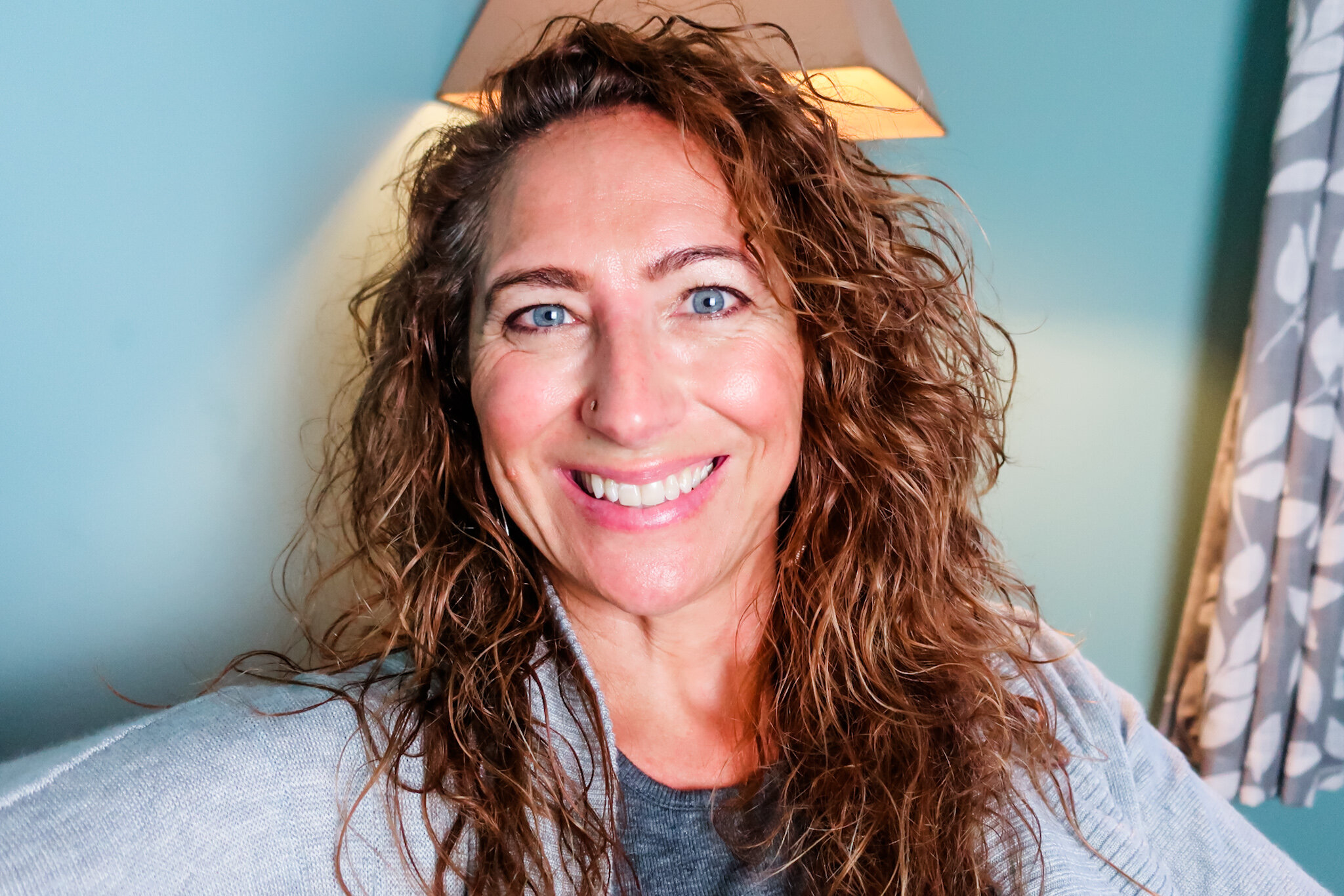What a strange word: Forgive.
For the longest time I didn’t feel like I understood what it meant. That’s not to say I wasn’t capable of forgiving I simply felt the word got thrown around a little too much without people really understanding what they were saying.
Before you read any further, write down what to forgive means to you…
The dictionary says: 1. To give up resentment against or stop wanting to punish (someone) for an offense or fault; pardon.
2. To relent in being angry or in wishing to exact punishment for (an offense or fault).
Does that connect with what you wrote?
I believe it is vital for us to understand what forgiving truly is in order for us to be able to forgive, and without the ability to forgive we will build up pain that can destroy our lives. That doesn’t sound fun so let’s dive a little deeper.
Forgive and Forget
My fascination with the concept of forgiving started with the phrase “forgive and forget”. I don’t think it was ever meant to be taken literally, but I didn’t like the phrase because it indicated (to me) that you had to forget a transgression in order to forgive it. Or that the only way to show you’d forgiven something was to forget it ever happened. At the very least pretend it never happened.
Forgetting isn’t a part of forgiving in any way as far as I can tell. You can’t forget on purpose, of course, but it’s deeper than that.
If I’ve suffered amnesia and therefore can act as if you never injured me, I’m not forgiving you because I don’t even know you did anything to forgive in the first place.
The beauty of true forgiveness is that we do remember the injury and still choose to forgive. That’s powerful.
Perception
I’ve determined that to forgive means to release your need to be angry with someone over your perception of their actions being injurious.
That’s a mouthful, huh?
Basically, I choose, you choose, others choose, to no longer hold onto pain over the actions of someone else. Forgiveness doesn’t even really include the other person.
Our idea that someone else has to do something to earn our forgiveness gives them all of the power. Let go of the perception that there is criteria they must meet in order for you to forgive them.
Yes, I really am saying you can forgive someone without them taking responsibility for their actions. Them taking responsibility for their actions is about your relationship with them and your values in that relationship. Taking responsibility shows a person gets that their actions could have caused harm and indicates that they will, hopefully, change their ways in the future.
What does that have to do with you? Nothing! That’s their journey.
If you’re the one doing the forgiving your journey is about your choices, not theirs.
Power
Being powerful within yourself in this situation is taking responsibility for your feelings instead of saying that power lies in someone else’s hands.
When you can say “I forgive you” regardless of their choice not to ask for forgiveness, to not take responsibility, and to not say sorry, you will release your hurt, pain and anger, and set yourself free from their control.
You are the one in control of your power, no one else. You are the one who will decide how long it is necessary to stay upset.
Boundaries
Here’s the kicker: you can forgive someone, set yourself free from distress and still put up boundaries with that person based on their actions. To forgive is not about letting someone walk all over you. Heck no. Forgiveness is about your comfort and healing. We don’t want to throw all that away by running back into the burning building, do we?
When someone in your life has given you evidence that they do not respect you, want to control you, think hurting you is okay, etc., you are allowed to say no to the relationship with them. Or at the very least limit their access to you
Heal Yourself
To forgive is to heal yourself from the inside and to let go of your pain over someone else’s actions. To forgive you let go of the need to prove anything to anyone, like how terrible the other person is.
I’ve been the person who refuses to forgive. In those situations, the other person would eventually believe I had “gotten over it” because my behavior toward them relaxed. The truth was that I knew I hadn’t forgiven until the day I noticed I no longer had feelings one way or the other. It had all become neutral for me. I had let it go. I was healed. And the other person never knew a thing about my journey.
This is what I wish for you. The peace of letting yourself heal.
I do know what a long journey it can be without a guide and wish for you a shorter journey. Setting up life coaching with me is the path for that shorter journey and I’ll be here to walk beside you toward your goals and your peace.



